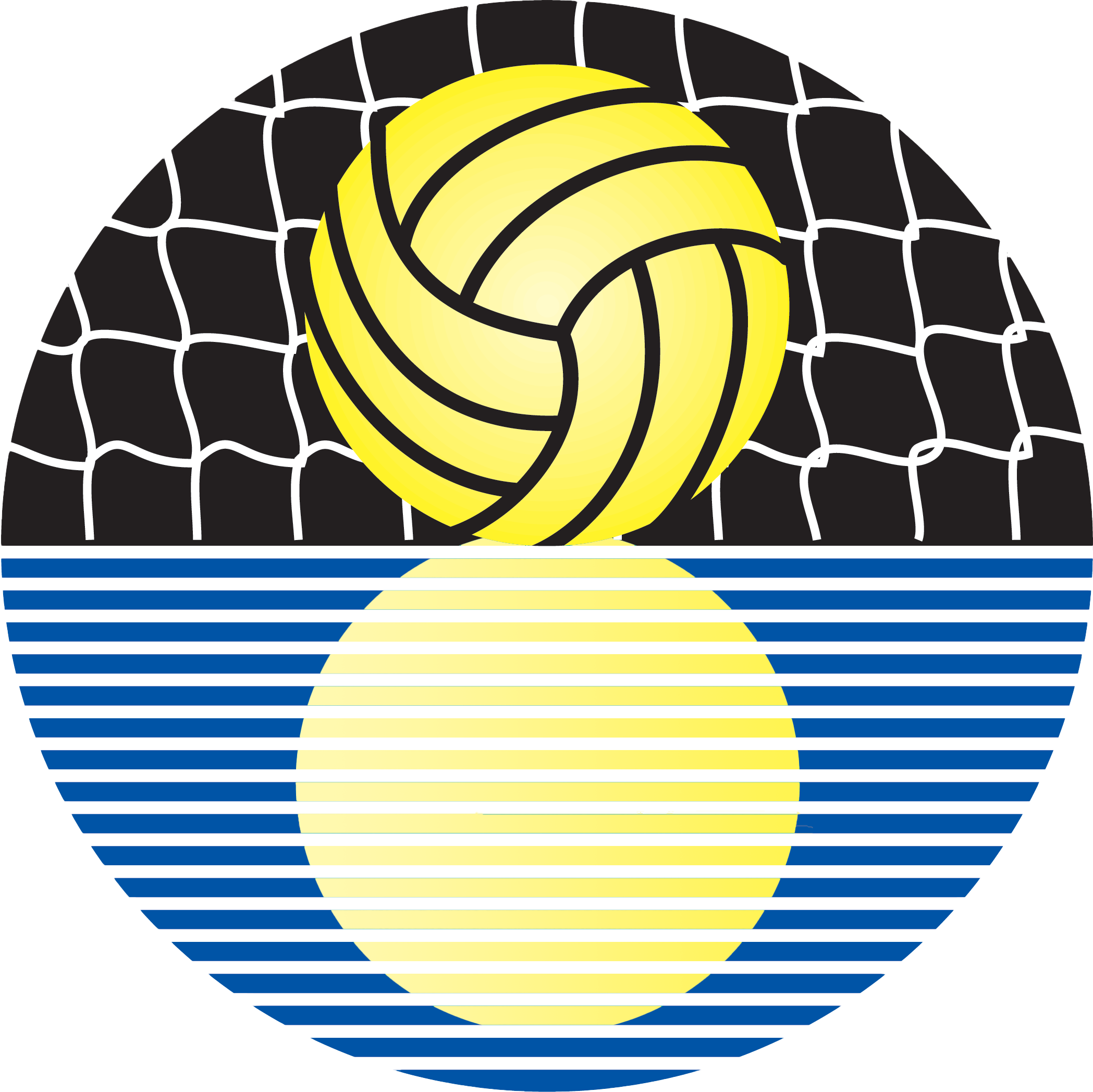Referee Policies
Please note, the CWPA Technical Committee is responsible for reviewing any disciplinary issues involving officials ranging from misapplication of a rule to professionalism and code of conduct violations. If necessary, issues involving officials can be reviewed further by the appropriate Governing Council or Board of Directors.
CWPA Officials Receive
- Per Diem
- Game Fees
- Hotel Reimbursement
- Air Fare Stipend
- Car Rental Reimbursement
- Mileage Reimbursement (certain conditions apply)
- Free Access to Online Webinars
- Free Access to all Clinics
- Referee Package Including:
- Referee Shirt
- Media Guide
- Red/Yellow Cards
- NCAA Rules Book
- Laminated score sheet
- Whistle
- Liability Insurance
HEAD REFEREE RESPONSIBILITIES
Before the Tournament:
- Assign games and ensure each referee knows their schedule
- Contact other officials to obtain their travel plans
- Submit hotel reservation request form at least three weeks prior
- Make travel arrangements (including car rental)
During the Tournament:
- Resolve any protest (call the DO if you have questions)
- Contact the Director of Officials or Commissioner for the following: (immediately after the game)
* Flagrant Misconducts and Red Cards
* Unprofessional conduct exhibited by officials
* Injuries
*Protests filed
*Circumstances requiring any schedule changes
*Forfeits and “no-contests”
After the Tournament:
- Submit a Head Referee Report to the office within 48 hours
As participation in online social networks may affect personal, social and professional areas, a referee should always protect his/her professional status.
Shared opinions on any social media profile are personal and do not in any way reflect those of the Collegiate Water Polo Association (CWPA) or the National Collegiate Athletic Association (NCAA). An official expressing his/her point of view about any subject, should never forget that his/her job consists of applying the rules and no one has the right to think that decisions are influenced by something different than pure judgment
The CWPA strongly recommends officials do not post information and/or comments about teams, institutions, leagues (both collegiate and professional), fellow officials, institution and league staff, or any other potential institution with political implications, thus avoiding any suspicion of biased judgment.
Officials should not post regarding competition on social media while officiating any assignment.
Inappropriate communications will not be tolerated and the league reserves the right to suspend or sanction any official for conduct deemed in violation of this policy.
It has to be considered that the life of a referee is not private any more, the protection of privacy and confidentiality can impact the job as a referee. The transmission of information via Internet is not completely secure and any transmission of data has a risk, risk of impersonation, risk to have copied material out of restricted pages and to be used it outside of refereeing world. This cannot be underestimated.


